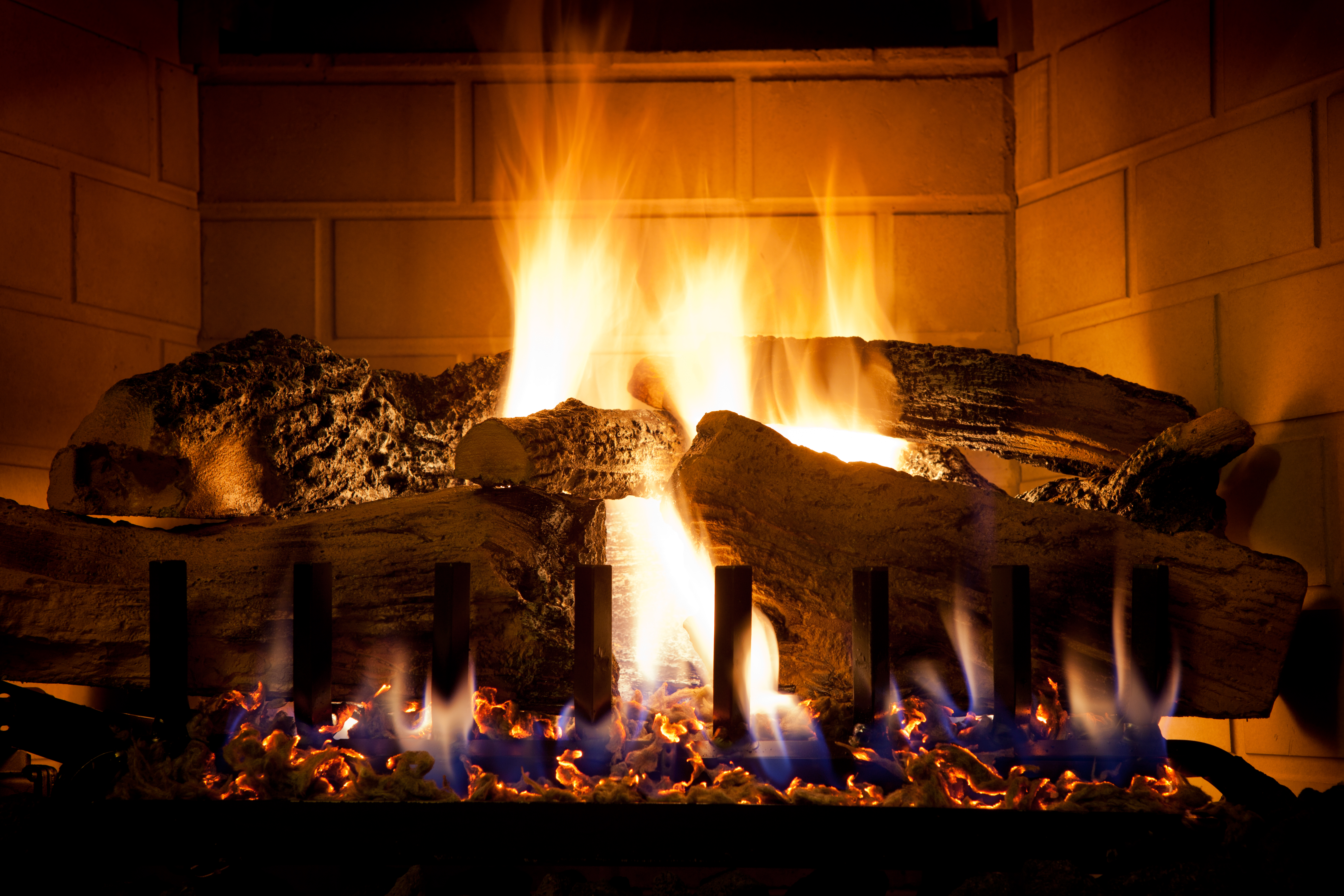
Get matched with top gas log pros in Saint Clairsville, OH
Enter your ZIP and get matched with up to 5 pros
Need a pro for your gas log service project in Saint Clairsville, OH?
Verified Reviews for Gas Log Service pros in Saint Clairsville, OH
*The Angi rating for Gas Log Service companies in Saint Clairsville, OH is a rating based on verified reviews from our community of homeowners who have used these pros to meet their Gas Log Service needs.
*The HomeAdvisor rating for Gas Log Service companies in Saint Clairsville, OH is a rating based on verified reviews from our community of homeowners who have used these pros to meet their Gas Log Service needs.
Last update on November 16, 2025
Find Gas log pros in Saint Clairsville
Fireplaces 'N' Fixin's, Inc.
Fireplaces 'N' Fixin's, Inc.
We have one of the largest showrooms in the Ohio Valley with over 30 live-burning displays. We install & service what we sell.
We have one of the largest showrooms in the Ohio Valley with over 30 live-burning displays. We install & service what we sell.
The homeowners guide to home care is here
From average costs to expert advice, get all the answers you need to get your job done.

Whole-house humidifier costs vary based on the type and size of the unit, along with other factors. The price might be worth it for people living in dry regions.

A worn AC fan motor can cause your system to overheat. Budget for AC unit fan motor costs, including parts and labor, with this guide.

Your leaky ductwork may be hiking up your energy bills. We explore the cost of checking air ducts for leaks, which may be worth it for your home.

A problem with your heat pump can lead to a house that’s too cold or too hot. Learn the most common heat pump problems—including any weird noises—and their solutions.

What are the dangers of mercury thermostats, and how do you safely recycle them? We’ll lead you through each of the environmental and health effects of mercury.

Furnace problems have all kinds of causes, ranging from clogged filters to damaged components. Here are some of the most common culprits behind these issues.
- Window Cleaning in Saint Clairsville
- Window Cleaning in Saint Clairsville
- Snow Removal in Saint Clairsville
- House Cleaning in Saint Clairsville
- Trampoline Assembly in Saint Clairsville
- Sink Installation in Saint Clairsville
- Plumbing in Saint Clairsville
- Electrical in Saint Clairsville
- Handyman Service in Saint Clairsville
- Landscaping in Saint Clairsville
- Roofing in Saint Clairsville
- Locksmiths in Saint Clairsville
- Hvac in Saint Clairsville
- Lawn Care in Saint Clairsville
- Air Duct Cleaning in Saint Clairsville
- Painting in Saint Clairsville
- Appliance Repair in Saint Clairsville
- Lawn And Yard Work in Saint Clairsville
- Interior Painting in Saint Clairsville
- Ev Charger Installer in Saint Clairsville
- Drain Cleaning in Saint Clairsville
- Contractor in Saint Clairsville
- Gutter Cleaning in Saint Clairsville
- Pressure Washing in Saint Clairsville
- Boiler Repair in Saint Clairsville
- Flooring in Saint Clairsville
- Exterior Painting in Saint Clairsville
- Foundation Repair in Saint Clairsville